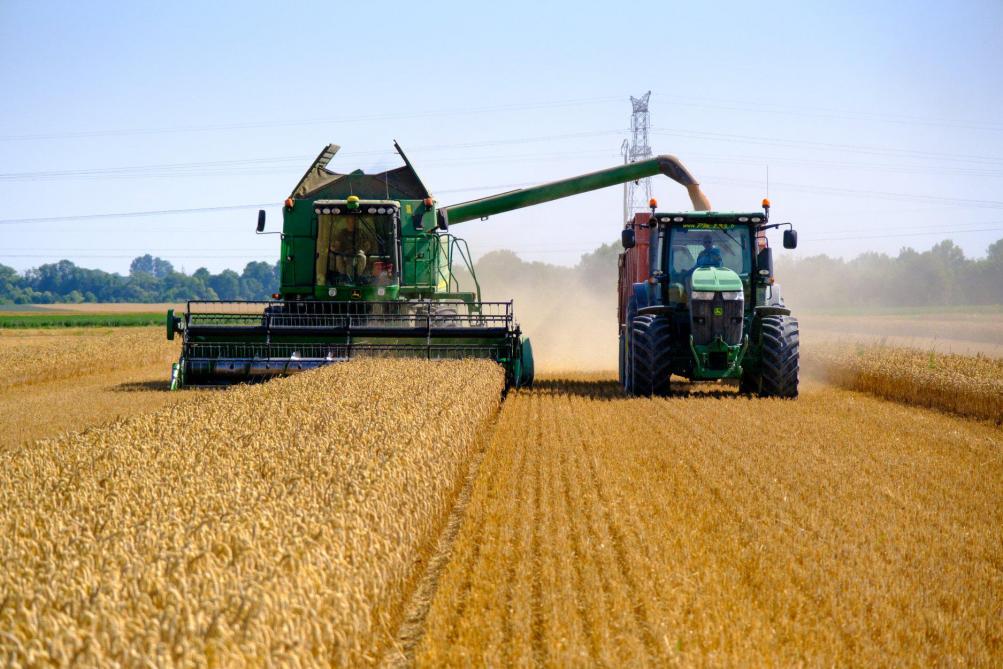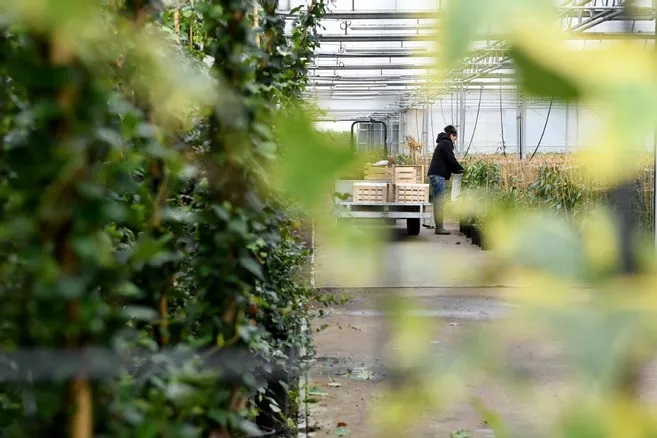
The agricultural sector to the test of cybercrime
At first glance this seems quite dichotomous, yet the agriculture sector is not indifferent to technological developments and how is this done?
Simply through the automation of certain customary tasks. We are talking about chicken coops or automated farms, especially in the milk industry. There is no shortage of connected tools in the agri-food sector. Tools that are unfortunately vulnerable to remote manipulation intrusions.We're referring to any kind of danger like that. This could be ransomware or an intrusion into a sabotage objective.
This article will also interest you: Companies in their training for telecommuting
Pierre Saint-Arnaud, a journalist, wrote: "Imagine that a poultry producer receives a message on a January evening when it is -25 degrees Celsius informing him that the heating of his chicken coops will be closed if he does not pay a ransom. He then finds that he no longer has any control over his computer systems; if he doesn't pay the ransom, all his poultry will die frozen
Now imagine, on a larger scale, that a foreign power wanting to harm Canada is introducing in the databases of farmers or large grain crops, false information that suggests that a disease has reached the Quebec pig herd or prairie wheat, causing the demand for these products to collapse on international markets. Although the information is false, it will take weeks or even months before they can prove otherwise and restore the reputation of these products in the marketplace. ».
Thus presented, we can realize that things are not so simple. Things are much more realistic and complicated than we can imagine. For a long time until today it is thought that agri-food is spared and the wave of cybercrime is growing. Yet this is not the case. The sector is as vulnerable as audiovisual or finance.
"Cybersecurity experts look at everything critical infrastructure that is important to Canada and agriculture is a good example. When technology is added, it becomes essential to secure it," says Gabriela Nicolescu, professor of computer engineering and software engineering at École Polytechnique.
"The risks are diverse. For example, there are several agricultural operations that have the same cyber risks as any individual and business in Canada," says Cal Corley, Executive Director of the Community Safety Knowledge Alliance (CSKA).
The cyber threat is becoming clearer. For this the government authorities are preparing to face the scourge in the agricultural sector and you are sensitive. In the United States, for example, there is collaboration between the U.S. government and other private agricultural organizations.

On the side of the officials we always observe the same hackers with the same objectives: sabotage of equipment, theft of data, espionage or ransom.
"Like Mr and Mrs All the World, agricultural producers are not spared by cyber fraudsters who engage in phishing in order to obtain their bank details. In the UK and France, some experts have noted that they are particularly targeted in December, after harvests, when their inflows are the largest," notes Cal Corley, CSKA's CEO.
For better organization, the Community Safety Knowledge Alliance (CSKA) received a $500,000 loan grant from the Canadian government. The idea, of course, is to improve the safe conditions of the agri-food sector in Canada.
"The goal is to determine the current level of prevention and cybersecurity measures in place in the Canadian agricultural sector and to work with the sector on how to strengthen and improve safety for this sector as it is critical infrastructure for the country," says the Community Safety Knowledge Alliance.
For Gabriela Nicolescu, this government initiative could not have come at a better time.
"Honestly, I don't know if the government is aware of the risks. On the other hand, the government is very aware of the necessary protection and risk analysis of all critical infrastructure. Agriculture has an important influence on Canada's future in the current context of some necessary autonomy. ».
"I don't know if the farming community is sufficiently aware," she says. There is certainly a need to raise awareness because technology increases efficiency, increases efficiency, helps enormously, but it adds risks. adds the professor.
Now access an unlimited number of passwords:
